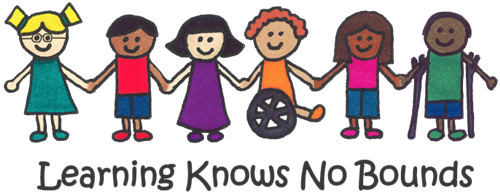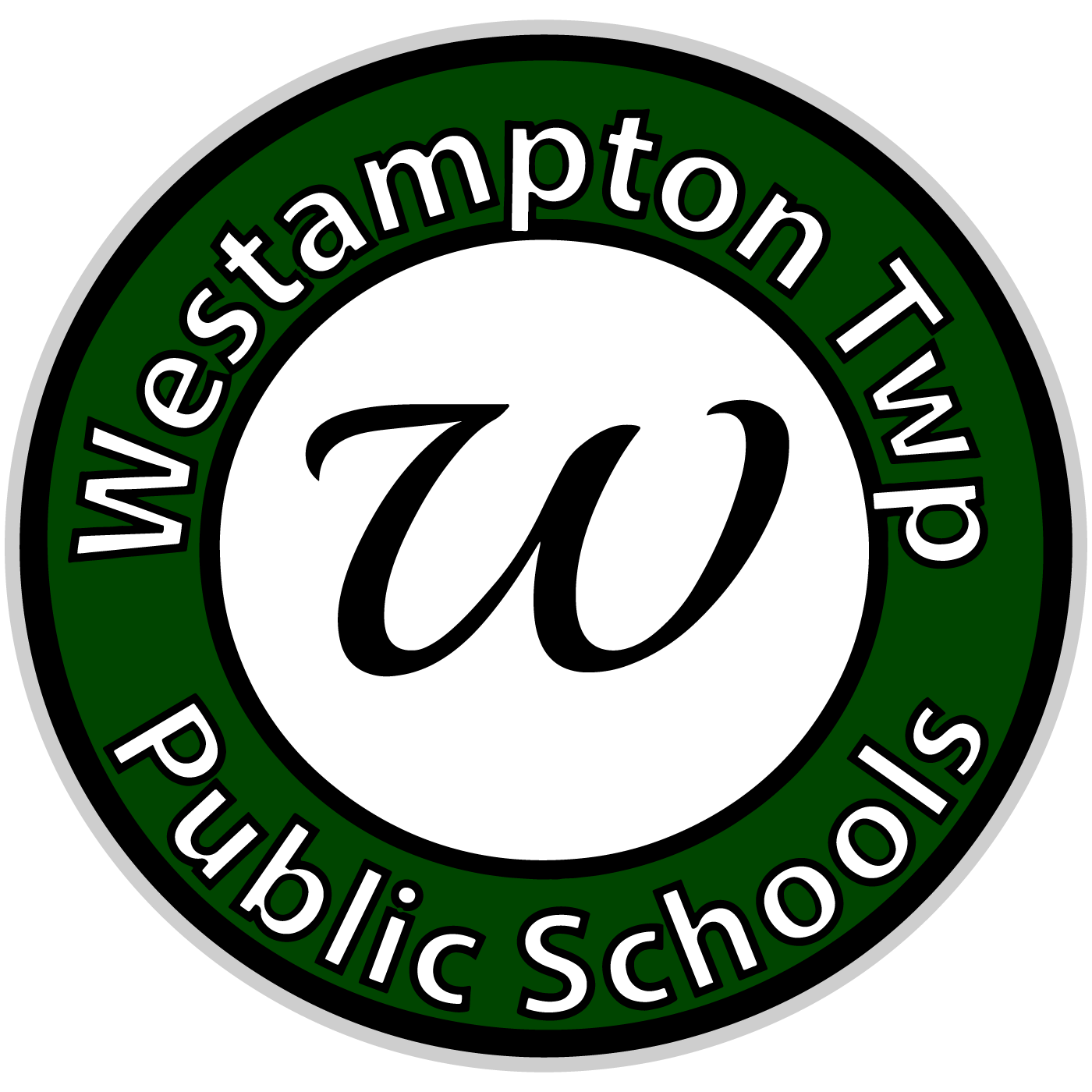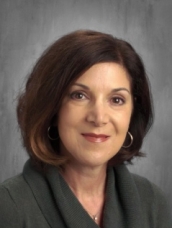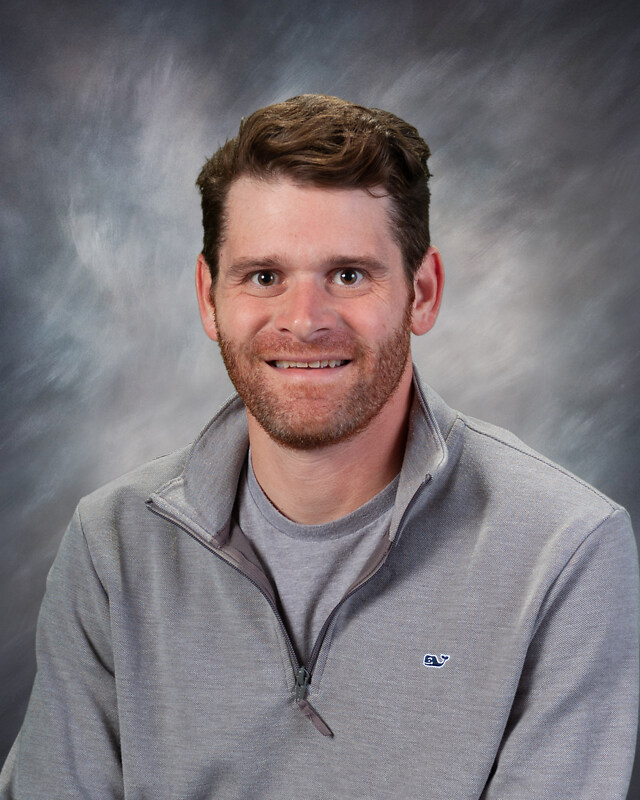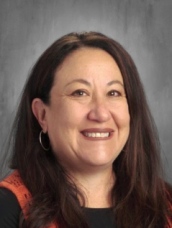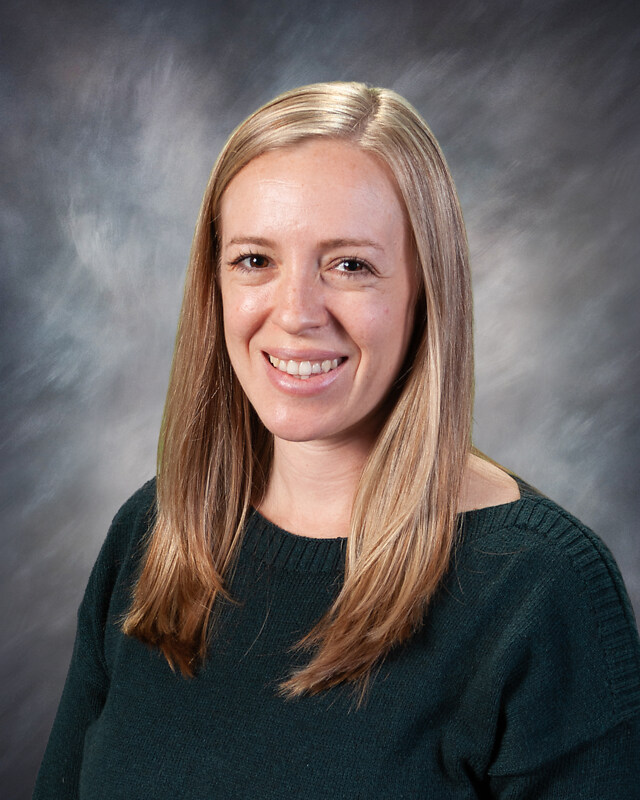Meet the Child Study Team Members
The Child Study Team
The Child Study Team consists of a Learning Disabilities Teacher Consultant (LDT/C), a School Psychologist, a School Social Worker and a Speech/Language Pathologist as required by the New Jersey Department of Education. Child Study Team personnel share many common skills such as child advocacy, understanding of school functioning, knowledge and implementation of special education law, case management, transition planning, in-service training, research, and community collaboration. However, each discipline approaches the intervention and eligibility process from a different perspective based on the training and skills of each profession.
Members of the Westampton Child Study Team

Archana Chinnappan, MS, CCC-SLP
Phone: 609.267.2722 ext 2016
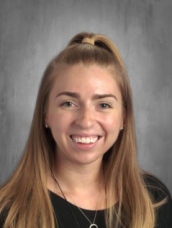
Lily Fritsch, MS, CCC-SLP
Phone: 609.267.8565 ext.2016

Jacqueline Hammell, MS, CCC-SLP
Phone: 609.267.8565 ext.2114
The Speech and Language Specialist assesses a student's communication abilities. This may include evaluation in articulation, phonology, fluency, voice, or any combination, that is unrelated to dialect, cultural difference or the influence of a foreign language adversely affecting a student's educational performance. Speech-Language Specialists are experts in all areas of communication who make assessments, analyses and classifications of students' communication competencies and characteristics. As a member of the educational team, the Speech Language Specialist participates in the planning of educational programs for children with communication disorders. Speech Language Specialists plan, prepare and deliver treatment programs for children with speech and language deficiencies. They also serve as resource persons in the area of speech and language development and disorders to classroom teachers, parents, administrators and the child study team. A speech and language assessment shall be the responsibility of a Speech/Language Pathologist employed by the Westampton Township Board of Education. The assessment shall include observations of the student in other than a testing session, consultation with the classroom teacher, communication with the parent(s) and / or guardian(s), and an evaluation and analysis of speech and language development.
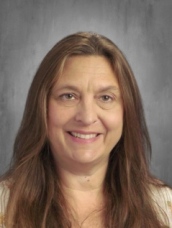
Christina Stewart, OTR/L
Phone: 609.267.8565 ext.2112
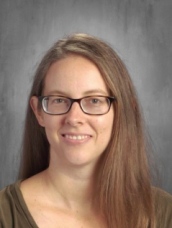
Elizabeth Giervel, OTR/L
Phone: 609-267-8565 ext.2112
School based Occupational Therapy (OT) is provided when a student needs services to function in an educational environment. The need for OT services is identified through the use of formal and informal assessments conducted by the therapist. Direct OT services consist of group and/or individual sessions provided in class or out of class where the child’s specific goals are addressed through hands on, purposeful activity. Consultation is an ongoing communication between the therapist, parent, teacher and student where problem solving and trial of different adaptations are used to allow the student to functional optimally in his/her educational environment without the need for direct services.
